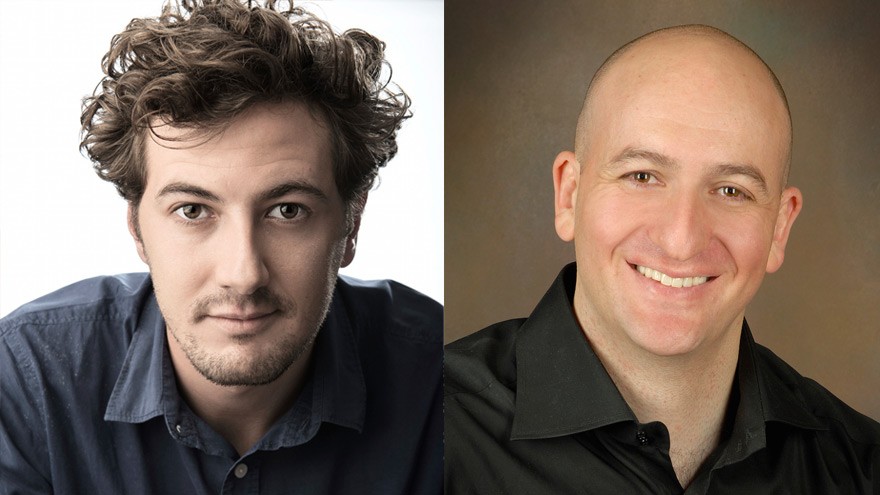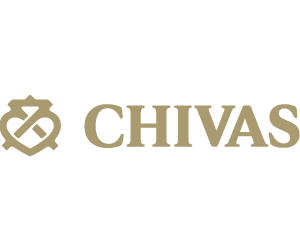Chivas Regal, the world’s first luxury whisky, launched Win The Right Way in November last year – a global search for the most promising social entrepreneurs: those with businesses or ideas that use enterprise and innovation as a force for good.
Win The Right Way provides aspiring social entrepreneurs with a share of $1 million in financial assistance, global exposure for their company or idea and support from world-famous business mentors. Established and aspiring entrepreneurs can submit their business plans or business ideas on www.TheVenture.com until 30 November.
The South African winner will travel to Silicon Valley, California for an entrepreneur’s training camp with four other global finalists. There they'll meet leading tech companies, be mentored by industry experts and then pitch for a portion of the $1 million in funding to take their business to the next level.
In addition, the finalists’ ideas and businesses will be showcased on www.TheVenture.com where, from April 2015, the public will be able to support their favourite ideas through voting and crowd-funding. The site will also feature short documentaries about social entrepreneurs from around the world, providing insights into their successes as well as daily articles with advice and features about the business of "doing good".
Win the Right Way aims to inspire a new generation to achieve success whilst making a positive impact on the lives of others and is the latest installment of Chivas Regal’s Live with Chivalry campaign, which launched in 2008 and has since inspired modern gentlemen in more than 60 countries around the world to succeed in the right way.
The First Finalist:
David Gluckman: finished his Bachelor of Business Science with Honours in Economics from UCT. Thereafter he worked in a South African bank and global management consultancy. Taking a break from the corporate world to pursue other interests – among them, entrepreneurship – he joined a group of his colleagues who were working on the foundations of Lumkani, the fire detection organisation. With his entrepreneurial background and experience in business, he was tasked to turn Lumkani into a social enterprise: one which is focussed on both profit and social impact as an engine for growth and development.
Lumkani Fire Detection: Lumkani offers a fire detector and alert service using radio frequency transmission designed for informal dwellings. The device is a heat detector, measuring the rate of rise of the temperature in the home. In the event of fire, the device will ring in the home giving the family an opportunity to be proactive before the fire is unmanageable. After 20 seconds the device transmits a signal triggering neighbouring homes’ heat detectors up to a 60m radius, creating a community-wide response to the fire.
The Second Finalist:
Gavin Symanowitz: an actuary with a PhD in Mathematical Statistics, formerly headed up Strategic Product Innovation for Investments at First National Bank. He won the prestigious Innovator of the Year award in 2008, and subsequently left the bank to found award-winning FeedbackRocket.com and FraudCracker, a revolutionary anonymous whistle-blowing system to combat fraud and ethical violations in the workplace. Gavin is passionate about innovation and how it can change the world for the better.
FraudCracker: Employees who conduct fraud and unethical activity in the workplace seldom do so in complete isolation. This means that other employees are often in the best position to identify and highlight such activity. In fact, research by the Association for Certified Fraud Examiners (ACFE) shows that employee tips represent the leading method for detecting fraud in companies.
It’s not only fraud that affects the bottom line. Ethical violations relating to sexual harassment, discrimination or workplace bullying can lead to expensive law suits and significant reputational damage to the company. Tips are also the most common method to discover such ethical misconduct.








